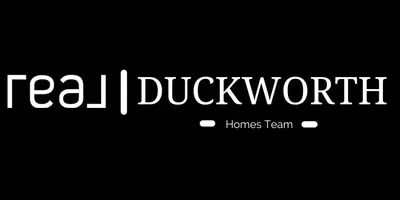Essential Considerations Before Securing Your Dream Home in Rhode Island and Massachusetts
Essential Considerations Before Securing Your Dream Home in Rhode Island and Massachusetts
Are you on the verge of purchasing your dream home and seeking insight into what aspects to consider beforehand? Here's a comprehensive guide to help you navigate the home-buying journey in Rhode Island and
Real Estate Advice for Successfully Selling Your Home
Real Estate Advice for Successfully Selling Your Home
Are you stepping into the realm of selling your home for the first time? Here are eleven invaluable tips to guide you through this journey.
Navigating the world of selling a home can be overwhelming, especially if you're a novice in the field
5 Ways to Find Homes For Sale in a Low Inventory Market
Discovering Your Dream Home in a Low Inventory Market
Are you finding it challenging to locate a home in a low-inventory market? Here are five innovative approaches to uncover homes not officially listed for sale!
Struggling to find the perfect home? Feeling like the options are limited?
You'r
11 Steps: The Rhode Island and Massachusetts Home Buying Process
The Rhode Island and Massachusetts Home Buying Process
Embarking on the journey of purchasing a home in Rhode Island and Massachusetts is an exciting endeavor, filled with anticipation and opportunity. While it can be overwhelming at times, understanding the process will help make this significant
7 Takeaways: What is a Deed?
What is a Deed?
Understanding the Significance of Deeds in Real Estate Transactions
At some point during the journey through the realm of real estate, the question often arises: What is a deed, and why is it important? Today, we delve into the world of deeds in the context of Rhode Island and Ma
How to Purchase a Home Before Selling Your Current Property
Chapters
How to Purchase a Home Before Selling Your Current Property
Advantages of Buying Before Selling
Considerations and Challenges
Tips for Successfully Buying Before Selling
Preparing Your Home for Sale
Selecting the Appropriate Financing Option
How to Purchase a Home Before Selling Your Cu
10 Cleaning Tips When Preparing Your Home
10 Cleaning Tips When Preparing Your Home for Sale
Cleaning Tips When Preparing Your Home for Sale Are you getting your home ready to be sold in Rhode Island or Massachusetts and in need of some cleaning tips to make it stand out? Check out this list of tips to help you get your home ready to be
7 Key Aspects to Grasp About a Home Inspection
What You Should Understand About a Home Inspection.
Here are seven crucial points to keep in mind regarding a home inspection in Rhode Island and Massachusetts!
Many buyers and sellers often seek guidance from their Realtor® regarding what they should be aware of during a home inspection.
Let'
Brendan Duckworth
Phone:+1(401) 787-7128








